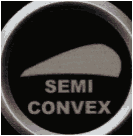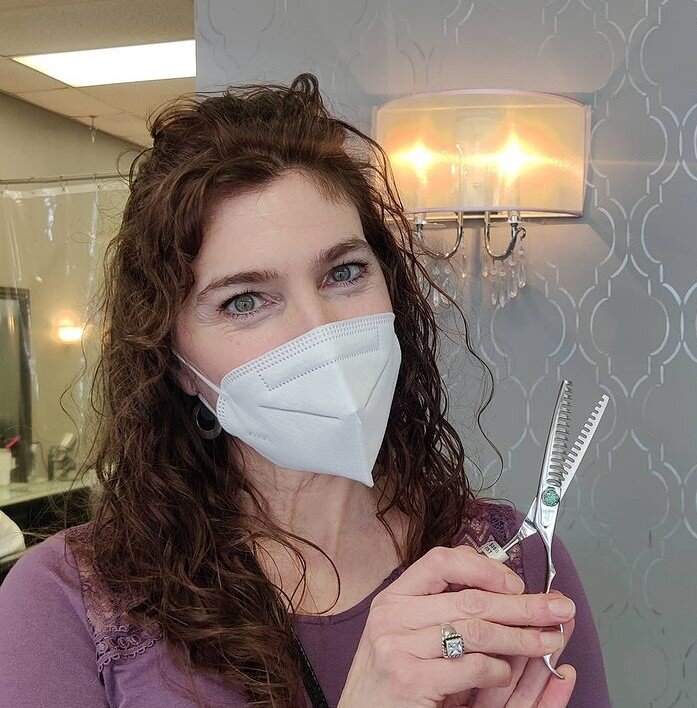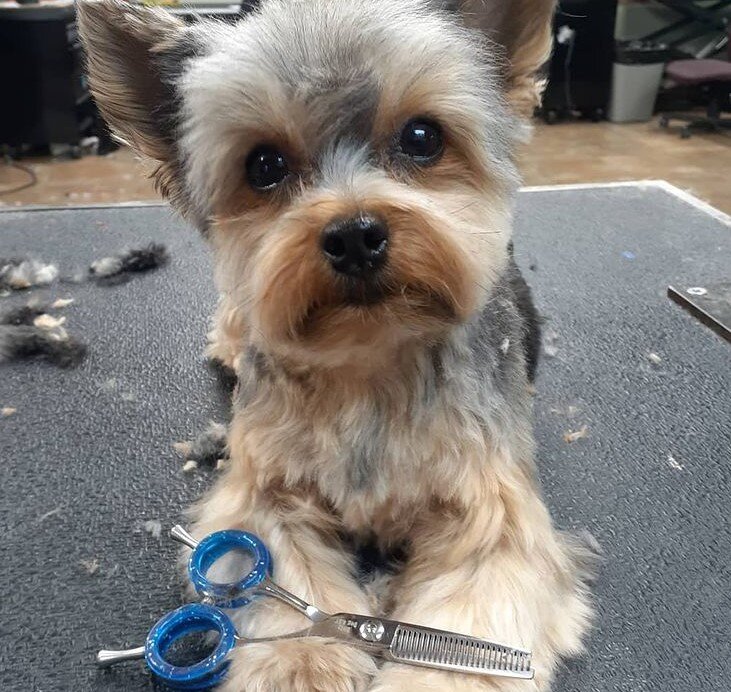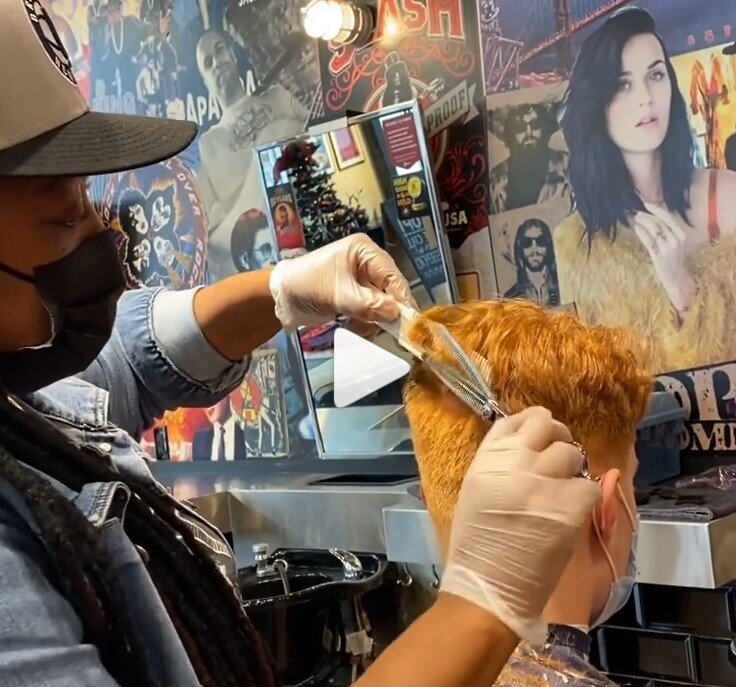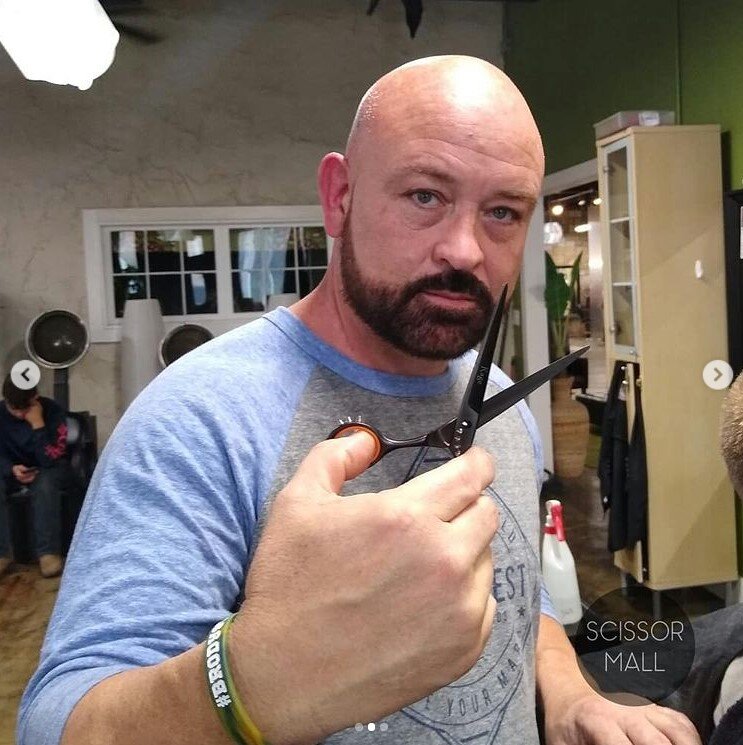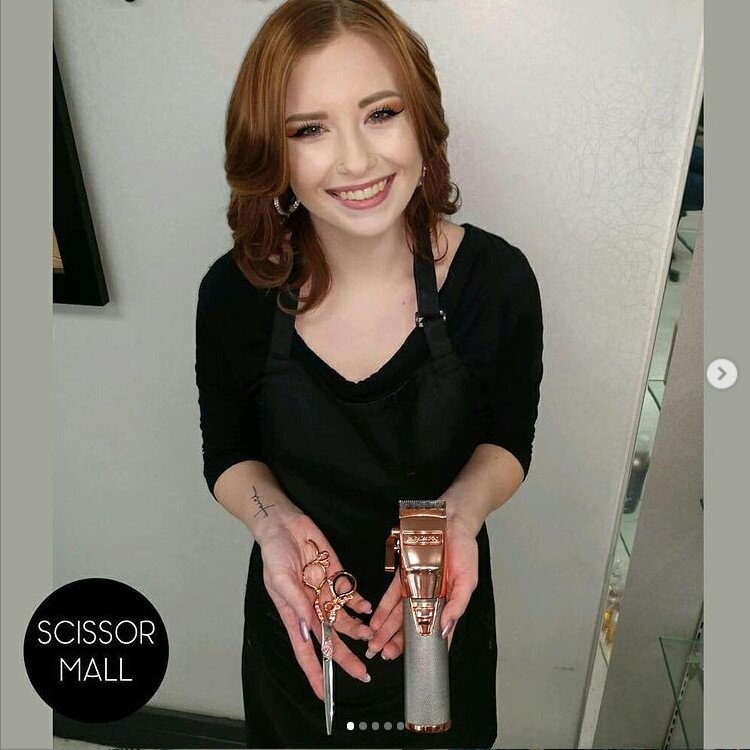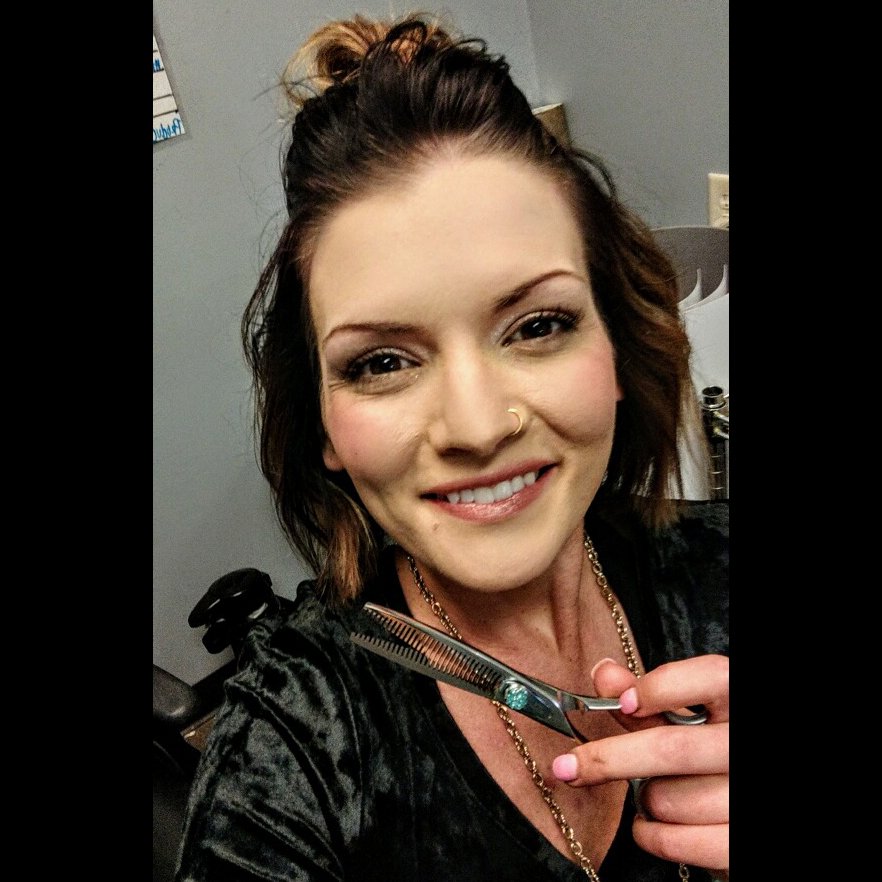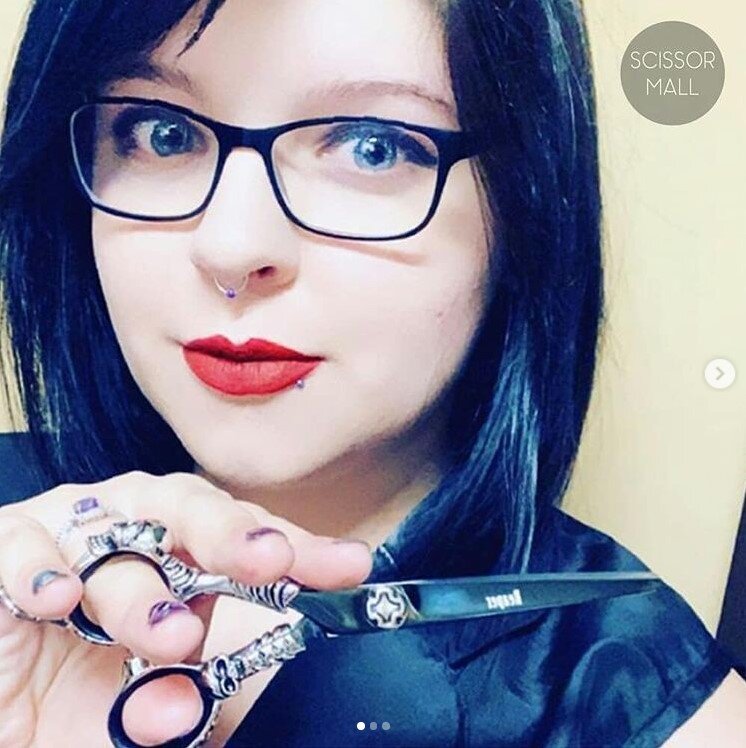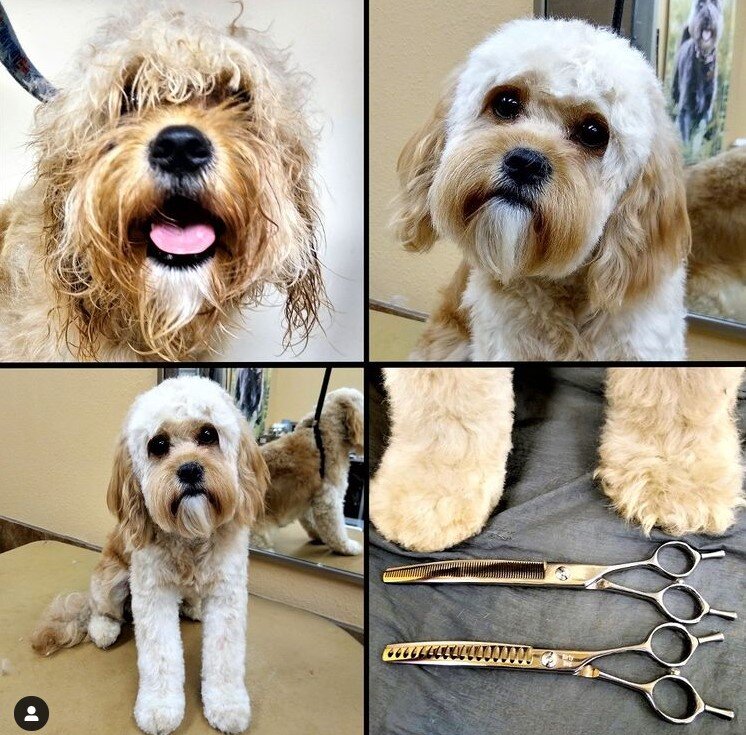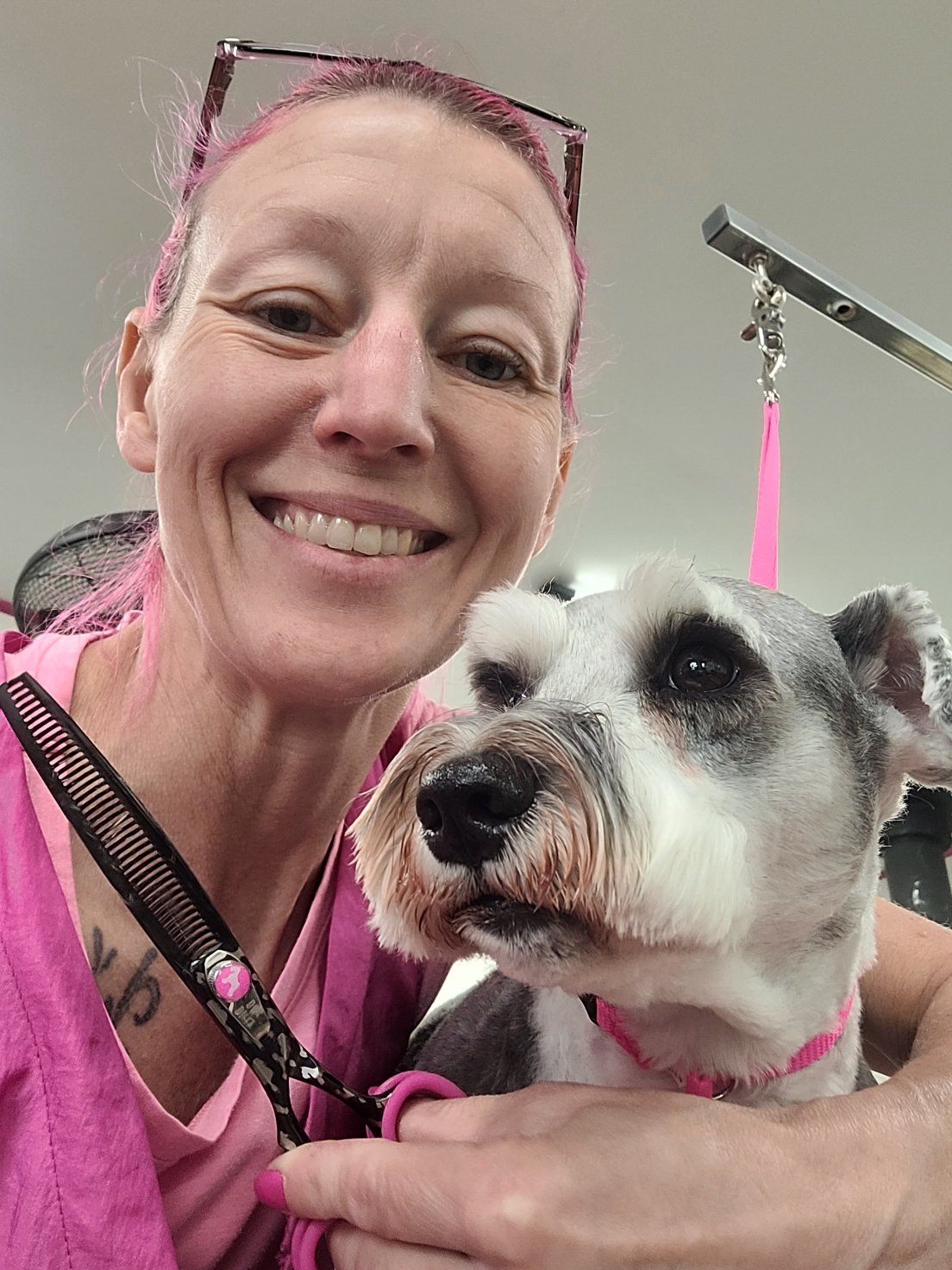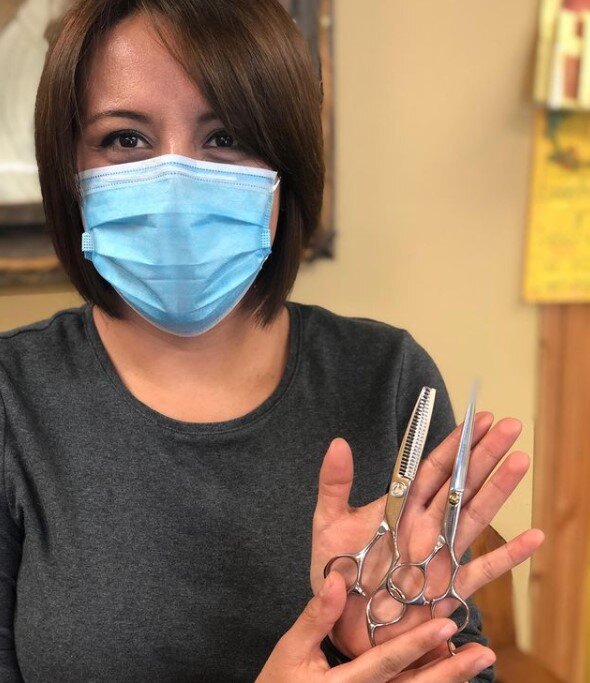How Shears Are Made:
Which steel qualities are better, those made in Japan, Korea, or Germany?
What are the different categories of stainless steel used to produce hair cutting scissors?
What is the difference between hand-forged shears and cast/stamped shears?
What is the difference between shiny-surfaced shears and satin-finished shears?
My shears have a Titanium colored coating on them, does this mean they are made of Titanium?
Which steel qualities are better, those made in Japan, Korea, or Germany?
All hair cutting shears are made with STAINLESS STEEL that is manufactured in either Japan, Korea, Germany, Taiwan, China, India or Pakistan. The steel made in Japan is regarded as the best scissor steel in the world. Korean, Taiwanese, and Chinese steels are good, but tend to be a little softer metal and do not hold an edge as well as Japanese steels. German steel is very hard steel, usually too hard to sharpen to a razor edge. Pakistani and Indian steels are the poorest quality and do not sharpen or hold an edge well. All of our shears are made with Japanese stainless steel.
What metals are used in my scissor?
The process of making good scissor steel is the result of an exact recipe in which several ores, alloys and elements are combined in a well-balanced mixture that gives you just the right cutting tool. CARBON is the principal hardener in steel. The more carbon that is added, the harder it gets. Carbon content should be between .95 and 1.2% of the finished steel. A steel that is too hard will not perform well for slide or dry cutting. MOLYBDENUM adds toughness and increases corrosion resistance to chemicals that can cause pitting and dulling. MANGANESE contributes to the tensile strength of the blade, so that it will retain its edge longer. CHROMIUM protects against corrosion and also adds heat resistance so that the steel will maintain its desired properties during forging and finishing. VANADIUM adds toughness and fatigue resistance so that the scissor will maintain its set and balance. COBALT and TITANIUM are also added to some steels to increase hardness and decrease weight, and adding these alloys will result in the finest scissor steel. Keep in mind, however, that COBALT and TITANIUM are only additives to stainless steel, NO scissor is made of 100% cobalt or titanium or any other alloy. That would be like trying to make a chocolate cake out of nothing but cocoa powder.
Can hairdressing scissors be made of 100% titanium?
TITANIUM is only an additive to stainless steel, NO scissor is made of 100% titanium or any other alloy. That would be like trying to make a chocolate cake out of nothing but cocoa powder.
What are the different categories of stainless steel used to produce hair cutting scissors?
Good quality stainless steels are divided into categories depending on the alloys used in their production. Good stainless steel categories range from 440A to 440C, S-1 to S-3 (also called “Silver”) Tooling Steels, the “V” steels (ranging from “V-1” to “V-10 Gold”), to the highest grade of Japanese steel: Hitachi’s ATS-314. The ATS-314 steel is one of the finest, most expensive scissor steel in the world. When purchasing your shears, you will get the best cut from a shear made with Japanese 440C, or higher grade, stainless steel. All categories above the 440 grade are considered “Cobalted” steels. There are some high-end scissors produced with "boutique" powdered steels, such as our "Niigata 1000." These steels are expensive and add to the cost of scissors. But make sure the company you buy from is not just giving a fancy name to a 440C steel, and charging you more than the scissor is worth.
What is the order of stainless steels in terms of quality?
Steel categories from lowest to highest quality:
420 (used in almost all Pakistani scissors)
440A
440C
S-1 (“cobalted” steels start at this category)
S-3
V-1 (measurable amounts of Vanadium* & Titanium start here)
V-10
VG-10, V-10 G or V-10 Gold
ATS-314 (highest amounts of Cobalt, Vanadium & Titanium in a steel category)
Boutique "powdered" steels such as Super Gold 2
*Vanadium & Titanium are important because they add strength and toughness to the steel, but are light and so they take away weight to help keep scissors light weight.
Higher steel categories take a better edge and hold it longer, but that also depends on workmanship and the tempering process of the shear.
Does stainless steel mean that my scissor is stain proof?
Stylists need to remember that STAINLESS STEEL is not stain PROOF steel. If you do not keep your scissor clean and dry, they can rust and pit.
Do Damascus steels, Miracle steels, or Smart steels exist?
Don’t be misled by terms such as “Miracle Steel” or "Smart Steel”. These do not represent actual steel categories and can be just hype. Damascus steel is a steel that can be manufactured today; however, when it is used for making scissors, the EDGE of the shear is not Damascus steel, it is all ONE stainless steel. The disadvantage to Damascus for a scissor edge is that the folds in the metal produce an edge with hard spots and soft spots. This leads to uneven wear patterns and does not give a consistent cut for the stylist. We have seen a lot of scissors claim to be Damascus steel and in reality, the pattern is just laser etched into stainless steel and therefore, it's very deceptive.
What is the difference between hand-forged shears and cast/stamped shears?
HOW a scissor is made is also of vital importance. Usually, the best scissors are HAND-FORGED as opposed to CAST or STAMPED shears. Stamped shears are the most inexpensive and are not usually hollow-ground. They are not as sharp and have a lot of drag on the blade. Many shears now made in Taiwan or China are CAST shears that are digitally finished. Generally, the tempering (hardening) process on cast scissors does not produce a shear that will hold an edge as long as a forged shear, but that should be reflected in a lower price. Also, hand-forged shears can have a much sharper edge, depending on the craftsman making the shear, but the digital finishing produces a uniformly consistent mid-range scissor. It is important to keep in mind that a poor quality forging will result in a poor quality shear that may not perform as well as a good quality cast shear.
What are hollow-grinding concave blades?
Any scissor you purchase should have uniform hollow-grinding (CONCAVE) on the inner surface of the blade and a narrow but consistent “ride line” along the cutting edge. This type of blade will have the sharpest cutting edge and will have the least amount of "drag" on the blade. Therefore these blades will give you the sharpest, smoothest feel as you cut the hair. All of our shears have hollow-grinding concave blades.
What is a Convex edge? What is a Beveled Edge?
In general, most poor quality scissors (made out of poorer quality steels such as 400 and 420 stainless steels) have a beveled edge because this edge is thicker than a convex edge and this thickness helps support the sharp edge of the blade. This means that the scissor will never cut as well as a convex shear and the edge will deteriorate more quickly. However, there are some older brands of Japanese scissors such as Omega, Nova, Fuji, Matsuzaki, etc. that have been engineered for a very sharp bevel edge made out of fine quality Japanese steels that will perform every bit as well as a quality convex edge. Most shears are made with a convex edge now because stylists have been told that convex edges are better and so it is easier to go with the flow. And since the quality of a beveled shear must be VERY high to equal the performance of a convex shear, convex edges are more advantageous in the mid-range to lower-range shears.
Most stylists prefer a CONVEX (Hamaguri or Clamshell) edge. However, if the steel in your shear is of superior quality and the blade was designed originally with a beveled edge, that is the edge it should always have.
What is the difference between shiny-surfaced shears and satin-finished shears?
In general, shiny-surfaced shears resist corrosion and pitting better than satin-finished scissors.
My shears have a Titanium colored coating on them, does this mean they are made of Titanium?
Many shears now come in colors and can be referred to as “Titanium” scissors. It is important to be aware that this does not mean that the scissors are made from Titanium, but that the color is a Titanium coating and therefore will not chip or peel off.
Do colored Titanium coatings make my scissor sharper?
The Titanium used to color the scissor will not make it any sharper nor will it make the edge last longer. It just produces a pretty surface that is very long-lasting.
Is there a scissor that never needs to be sharpened?
It is also important to note that there is No such thing as a scissor that NEVER needs to be sharpened. ALL scissors must be sharpened when they get dull or are nicked.



